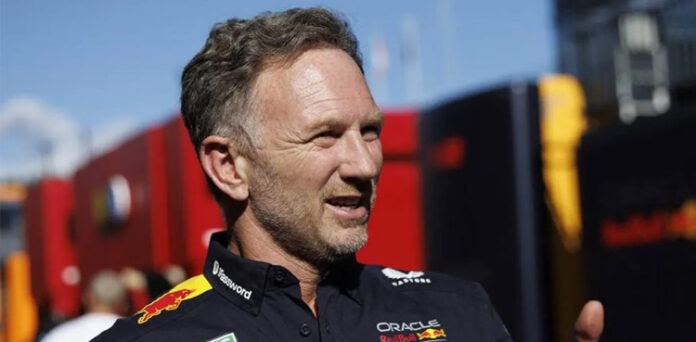The informal power balance was upset by the death of co-founder Dietrich Mateschitz in late 2022, which sparked the conflict. With Mateschitz gone, Red Bull’s leadership structure shifted—voice for Horner was diluted, and Helmut Marko gained influence. This realignment allowed Verstappen’s camp to challenge Horner’s authority, laying the groundwork for escalating conflict.
Allegations of Harassment and High-Profile Exits
Horner was accused of sexually harassing someone in February 2024. The internal investigation increased divisions even though he was cleared. Important individuals left shortly after, including strategy head Will Courtenay, sporting director Jonathan Wheatley, and renowned designer Adrian Newey; this exodus was indicative of growing discontent.
On-Track Decline: From Dominance to Vulnerability
Once unassailable, Red Bull slumped during 2024–25. After early-season dominance, the team lost ground to rivals McLaren and Ferrari. The 2025 car suffered poor balance, handling complaints, and erratic upgrades. Verstappen’s frustrations became public, and the team fell to fourth in the constructors’ standings midway through 2025—undermining confidence in Horner’s leadership.
The Last Straw: Corporate Reset & Verstappen Camp
Senior executives at Red Bull concluded that change was necessary in the face of growing pressure and a shift in power towards the Verstappen faction and Marko. Horner was fired on July 9, 2025, and Laurent Mekies took his place. The move aimed to stabilize the team and retain Verstappen—but questions linger about the team’s future technical direction and its ability to bounce back under new management.
What Lies Ahead?
Red Bull now faces a critical test: can Mekies restore unity, revive development pace ahead of 2026’s engine overhaul, and, most importantly, maintain Verstappen’s loyalty? The exit of Horner signals a turning point—with the team’s legacy and Verstappen’s future on the line.





